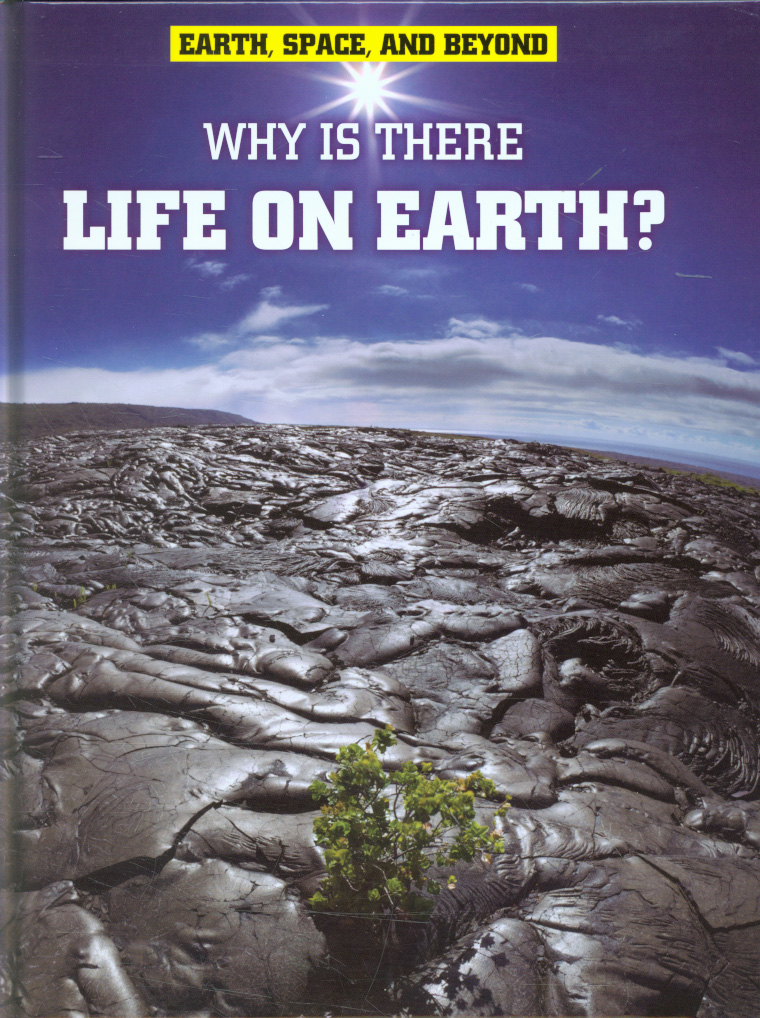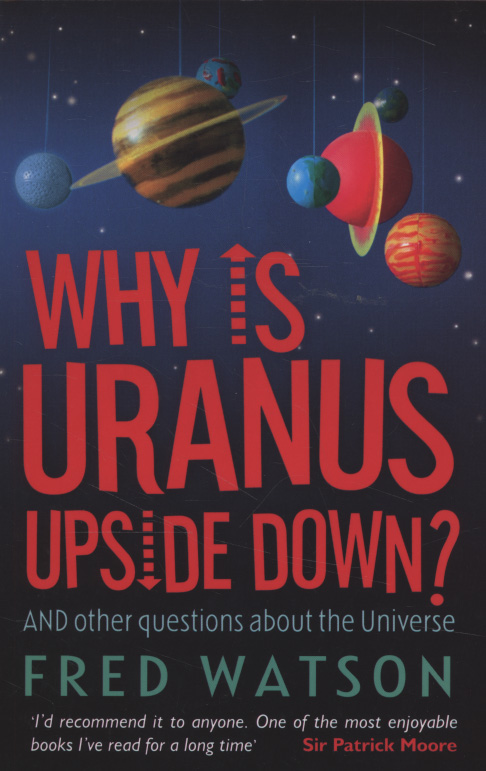Resources
Why is there junk in space?
In this classroom resource pupils learn how space debris is generated. It includes two investigations looking at how collisions between objects can lead to further collisions, and how impact causes some materials to fracture into many particles using crisps.
The resource includes pupil worksheets as well as...

How do we know Earth isn't flat? What are the benefits of space exploration, and is it good value? How and why do scientists study the Universe? This series answers questions like these, while tackling key curriculum...

This highly entertaining and informative introduction to our planet and the universe we live in is a must-read for science-lovers and enquiring minds of all ages.

This book looks at homes, and why living things - i.e., animals, humans and plants - need them.
Think maths is boring? Think again. This book explores a variety of interesting mathematical concepts from numbers that don't exist to lying with statistics. It covers a wide range of topics...

One of a series of titles aimed at Key Stage 1 readers which explain the importance of various aspects of looking after your body.

One of a series of titles aimed at Key Stage 1 readers which explain the importance of various aspects of looking after your body.
This item is one of over 25,000 physical resources available from the Resources Collection. The Archive Collection covers over 50 years of curriculum development in the STEM subjects. The Contemporary Collection includes all the latest publications from UK educational publishers.
This item is one of over 25,000 physical resources available from the Resources Collection. The Archive Collection covers over 50 years of curriculum development in the STEM subjects. The Contemporary Collection includes all the latest publications from UK educational publishers.

